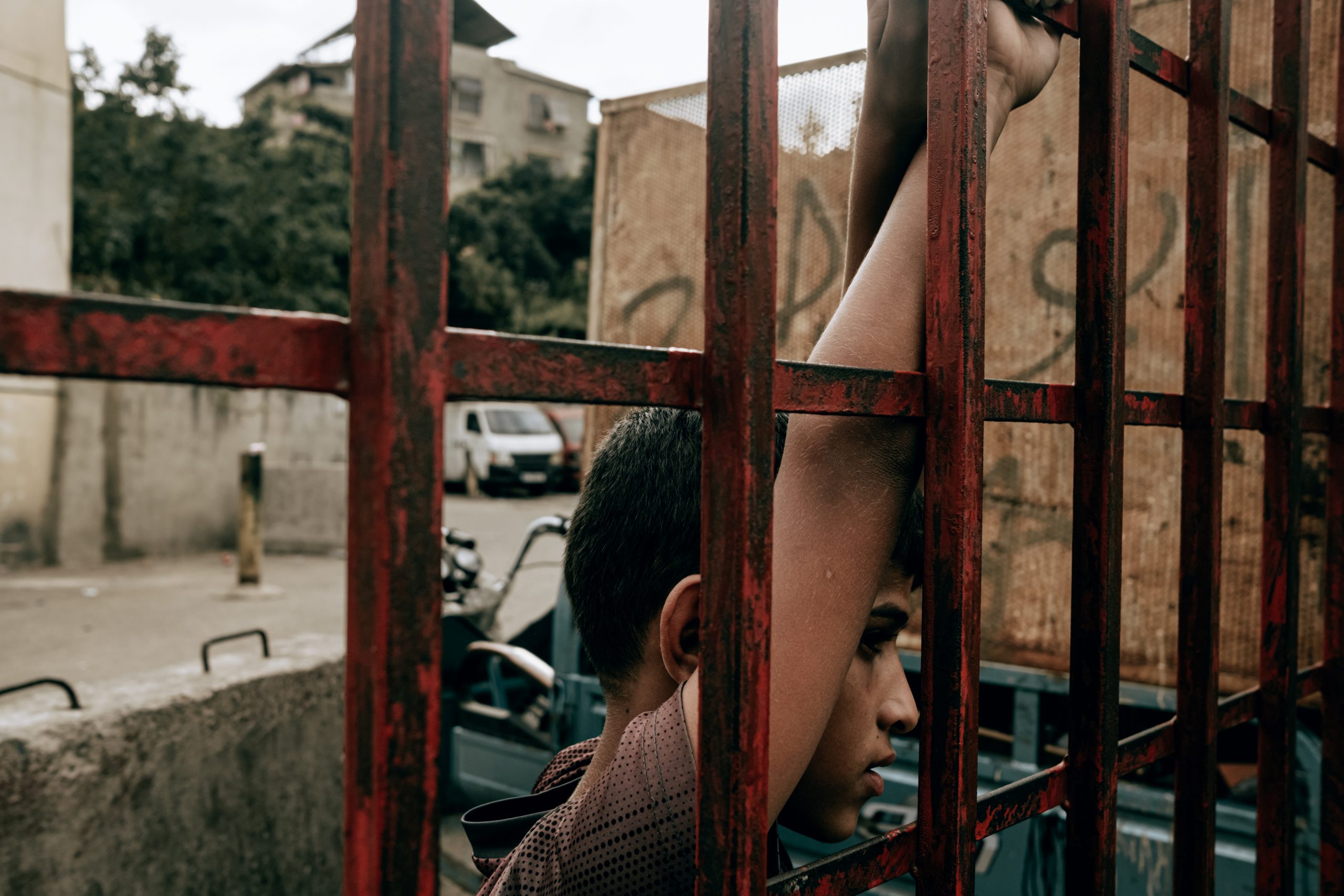Call for Papers: The Future of Human Rights and Democratisation after the Arab Uprisings
Over a decade after the first wave of Arab Uprisings began in December 2010, the region continues to confront the same fundamental challenges that had set off the revolts, even after a second wave swept other Arab states. In fact, the challenges of political and economic development and national integration have grown, even in Tunisia—the exception among first-wave states—so much so that the future of the nation-state itself has been thrown into doubt in countries such as Syria, Yemen, Libya, Iraq, and Sudan. These developments potentially carry the gravest human rights implications since the Universal Declaration of Human Rights was issued in 1948.
Throughout the last decade, war crimes and crimes against humanity—once exceptions seen in this or that Arab country—have been normalised in the aforementioned countries and Egypt as well. The region has become an open arena for armed interventions by Iran, Turkey, Russia, Saudi Arabia, and the United Arab Emirates, and paramilitary mercenaries sponsored by Russia, Turkey, and the UAE. Military interventions launched by Israel and the United States before the Arab Uprisings continue as well, and over the last two years Israel’s role has expanded as it has an increasingly influential role in supporting authoritarian regimes in the Arab world.
Rowaq Arabi, a peer reviewed journal dedicated to human rights studies, is soliciting research papers exploring the horizons of democratisation and human rights for a special issue titled, ‘The Future of Human Rights and Democratisation after the Arab Uprisings’. The journal calls for the submission of papers containing original research drawing on interdisciplinary approaches in social sciences, humanities, and law. Papers of between 5,000 and 7,000 words should be submitted to rowaq.editors@cihrs.org no later than midnight on 31 May 2022 (CET). The papers should be submitted in two files: the full paper, without the author’s name, preceded by a 150-word abstract and a separate cover page including the paper title, author’s name, affiliation, and paper abstract. The best, most relevant papers will be sent to the referee committee and authors will receive financial remuneration upon publication. Papers that do not follow Rowaq Arabi’s style guidelines—available here—will not be considered.
Rowaq Arabi suggests the following research topics and welcomes other proposals salient to the main theme:
- The nature of authoritarianism in the Arab region after the uprisings and prospects for dismantling it.
- The nature of military dictatorships in the Arab region and the future of civilian-military relations in Egypt, Algeria, and Sudan.
- Lessons for democrats in the Arab world following the passage of over a decade since the Arab Uprisings, and lessons to be learned from the failure of democratic transition in Tunisia despite elites holding power for more than a decade.
- Explorations on the failure of political and social protest movements emerging in the two waves of uprising to form effective political parties and articulate programs responding to economic and political changes in first- and second-wave states, including Tunisia.
- Challenges facing the potential rise of new, effective political elites after the first and second waves of the uprisings.
- The future of Islamist and secular political parties in the Arab region in light of mounting identity-based struggles and sharp polarisation around ‘social values’.
- Challenges to managing religious, cultural, and ethnic diversity in the Arab region and the future of the unified nation-state.
- The impact of economic, political, and military cooperation between Russia and China on the one hand, and a growing number of Arab states on the other, upon prospects for democratisation in the region, particularly in Egypt and Algeria.
- New challenges in the post-uprising period facing the response of human rights organisations in the Arab region.
To read more about Rowaq Arabi, its history in print since 1996 and its ongoing online transition, in addition to its publication guidelines, please refer to this link.
Read this post in: العربية
